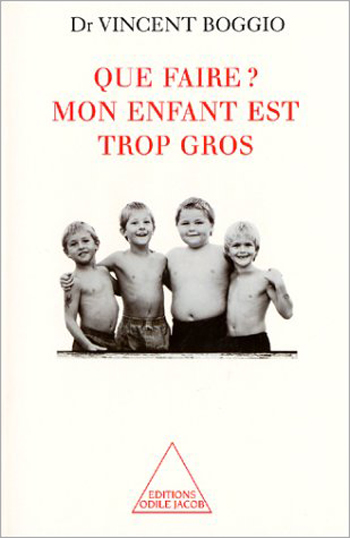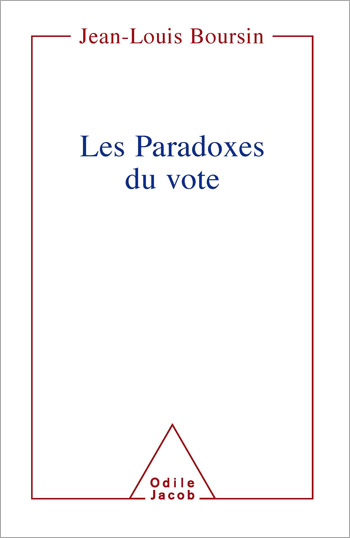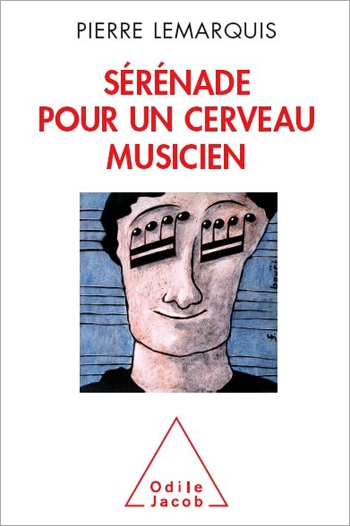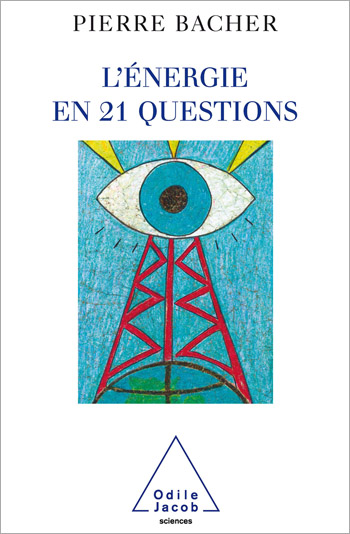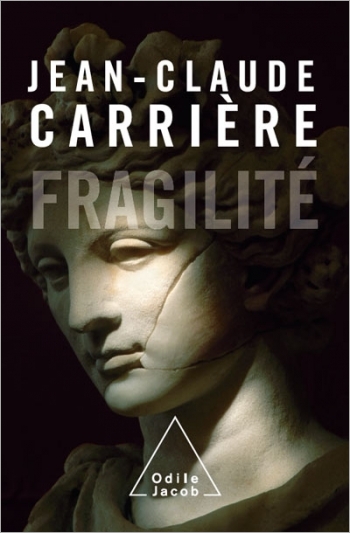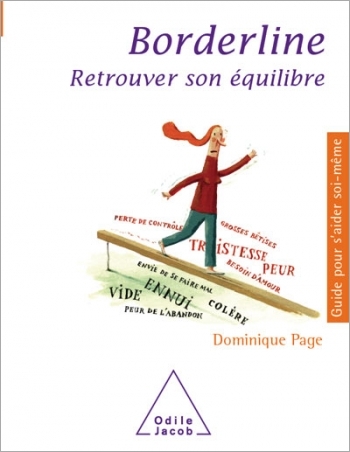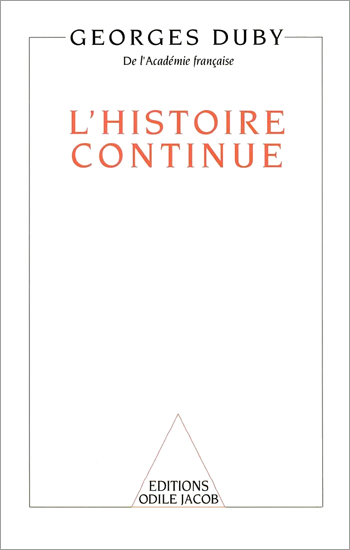Catalog All books
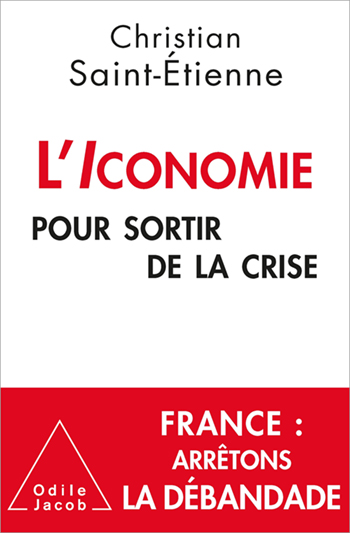
Christian Saint-Étienne
The iConomic Revolution France Faces the Third Industrial Revolution
Following the success of France: Etat d’urgence, a new polemical work on the state of the French economy, by Christian Saint-Etienne
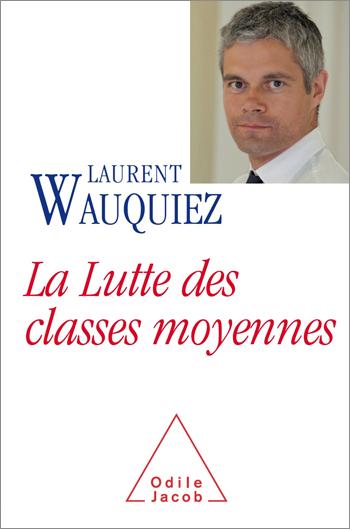
Laurent Wauquiez
The struggle of the middle class
In the run-up to the French presidential elections, here are a series of proposals that offer the middle classes the future perspectives they deserve
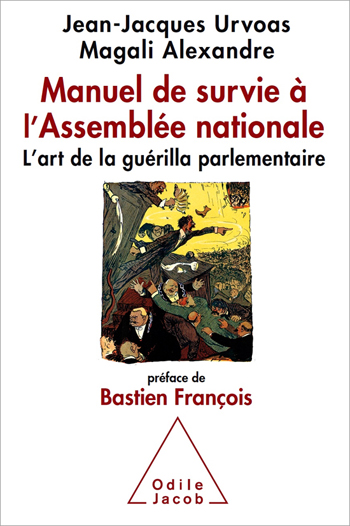
Jean-Jacques Urvoas, Magali Alexandre
Survival Handbook for the French National Assembly The Art of Parliamentary Guerrilla Warfare
In the corridors of power of the National Assembly, we encounter Jean-François Copée, Arnaud Montebourg, Bernard Accoyer, among other French politicians.
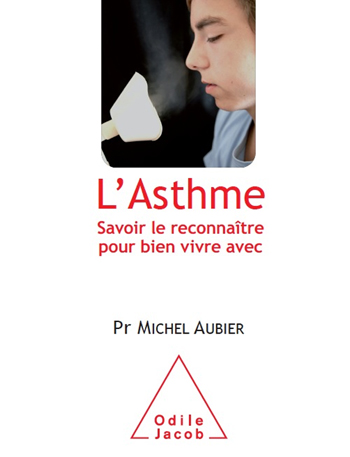
Michel Aubier
Asthma
What to do to overcome asthma, an increasingly common disorder among children and teenagers?
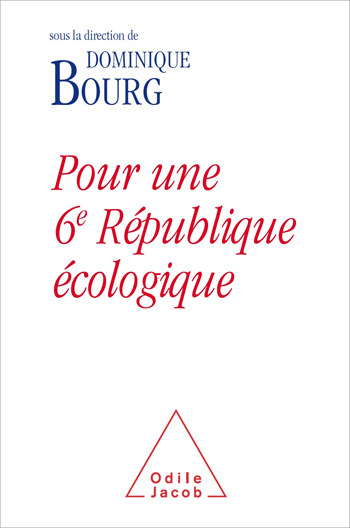
Dominique Bourg
In Defence of an Ecological Sixth Republic
Proposals for a reform of the French Constitution in the run-up to the 2012 Presidential elections
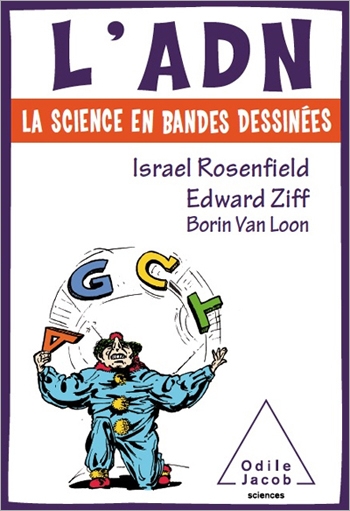
Israel Rosenfield, Edward Ziff, Borin Van Loon
DNA for Beginners
The amazing story of DNA is recounted here in an entertaining comic-book form...
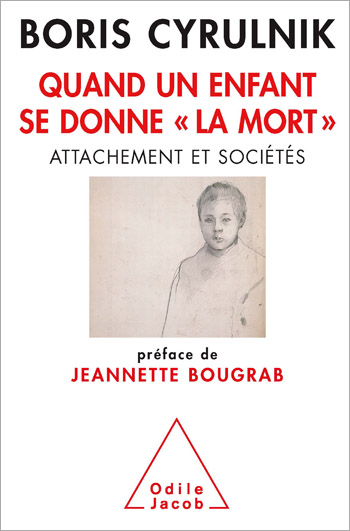
Boris Cyrulnik
Child Suicide Attachment and Society
The number of child and teenage suicides is greatly underestimated, warns Boris Cyrulnik, in a report commissioned by the French government
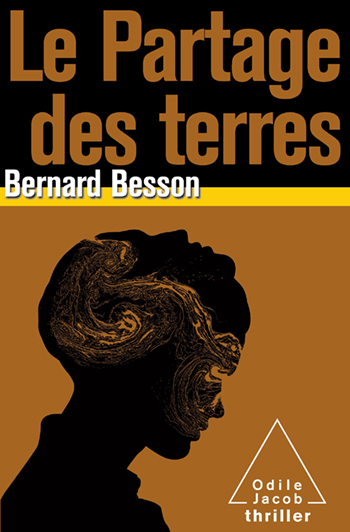
Bernard Besson
Sharing Rare Earth Resources
An eminent expert in economic intelligence offers a riveting thriller against a backdrop of international financial corruption
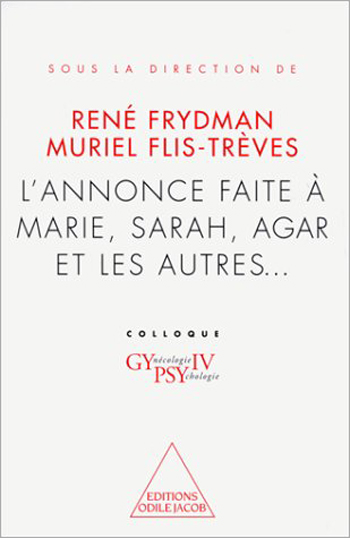
René Frydman, Muriel Flis-Trèves
An Announcement to Marie, Sarah, Agar and the others.... Colloque Gypsy IV
Womens lives are marked by a series of physical events, which may or may not be expected, including pregnancy, illness, foetal malformation or death, and menopause. What effect do these events have? How do women cope and live with them? The reply to these questions is given here by the top specialists in the field, including psychoanalysts, gynaecologists, and philosophers.

